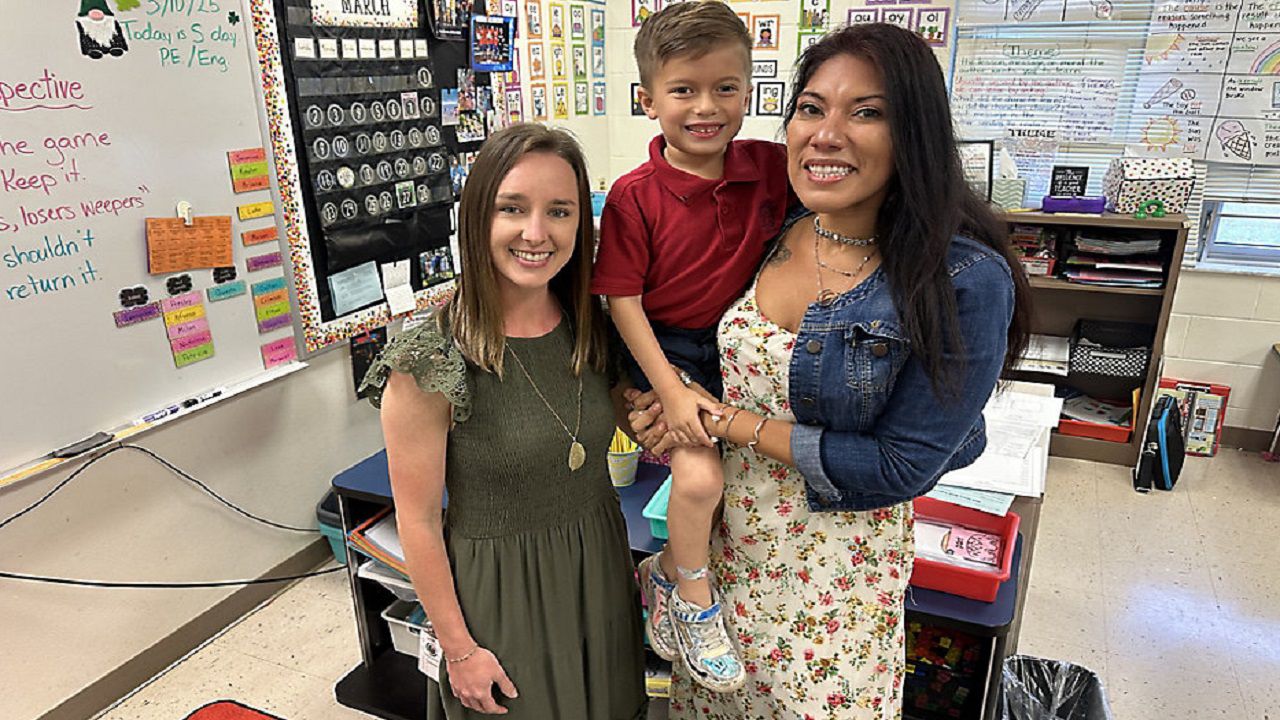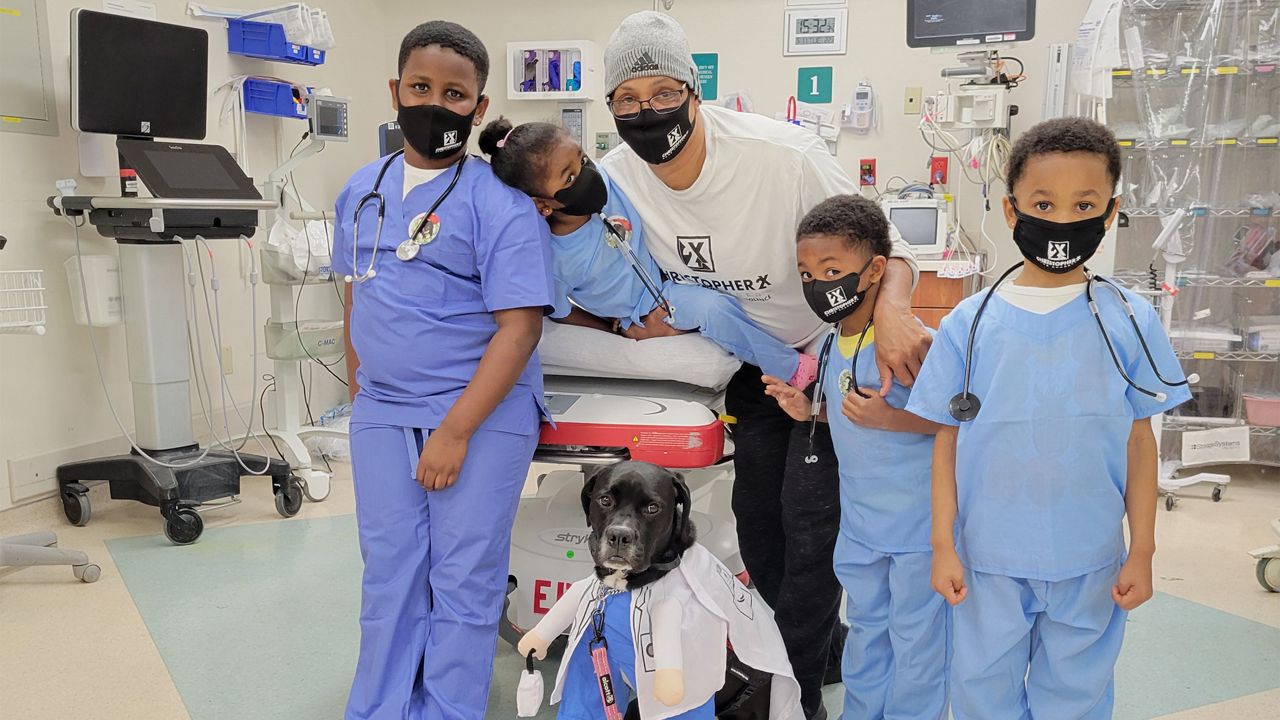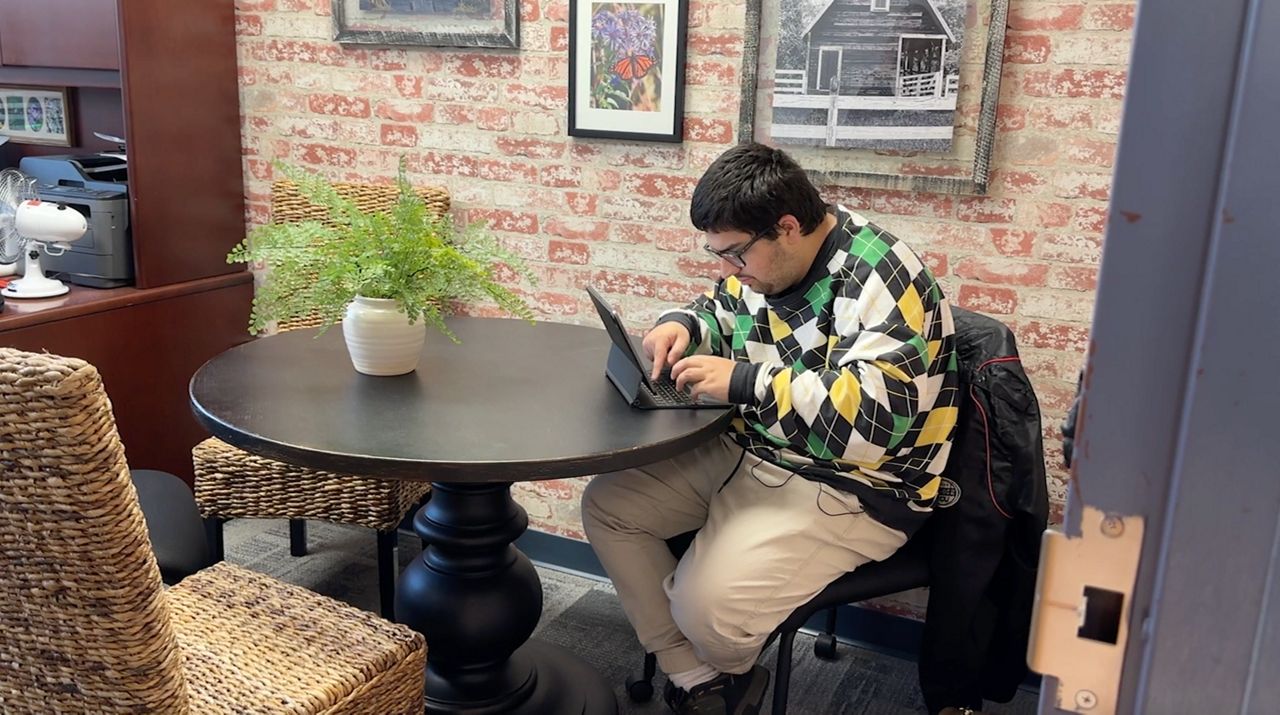COLUMBUS, Ohio– All across the US, you'll find a shortage of primary care physicians. Ohio ranks 17th in the nation on that list. The need for physicians is expected to grow by the thousands over the next decade, but one university is helping students get to the front lines faster as they attempt to boost physician numbers one by one.
On a rainy day, Ohio State University medical student, Amara Decker, heads to the fifth floor of OSU's Wexner Medical Center East Hospital with a team of colleagues for rounds. "We'll go in, see how our patient did overnight...umm kind of talk through our plan...ummm..and then next steps and then kind of always thinking about discharge plans. Sanitizing her hands, the 27-year-old heads in to see a patient.
- Amara Decker finished high school at 16, college at 20 and earned a Masters in Public Health
- After working at the Centers for Disease Control, Decker realized she wanted to work with immigrant and minority populations
- Decker is one of two who are set to graduate in May from OSU's inaugural accelerated three-year Primary Care Track program
She's a part of the university's accelerated three year Primary Care Track program. She'll lead the way as one of the program's first graduates. Introducing herself and the team, she asks some general questions before performing an exam. She says, after working at the Centers for Disease Control and seeing data on different diseases, she wanted to be on the front lines working with minority and immigrant patients who have less access to resources while helping them detect and prevent health problems early.
As an immigrant minority herself, Decker says her own experiences of going to the doctor with her family also fueled her desire to become a primary care doctor. Heading out, Decker admits completing four years worth of work in three is not easy; And neither is handling all of the patient health issues, but she manages. She said, "Keeping it patient-focused...um really thinking about them as the central figure in the team something that helps me and so it becomes a motivation even on a hard day to continue learning and growing." That's growing as the program helps her and others fulfill a dream in the making sooner than later without accumulating mountains of debt. She said, "This has been something that I've been passionate about since you know I was a high school student, college student, really caring about health disparities.
Off for a short break to discuss patient diagnoses with colleagues, Decker looks forward to the next chapter of her life, which is entering Ohio State's three-year family medicine residency after graduation. Decker says the best part about being in the program is the mentoring she receives from other doctors and knowing that she's not in it alone.
Right now, there are eight students in the program. Each one receives half off their tuition, which eliminates some of the debt doctors often accumulate. Two of those students in this very first cohort graduate in May.










